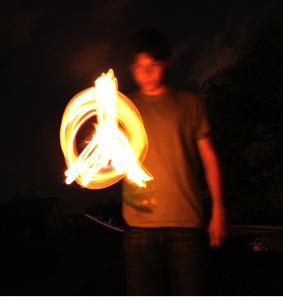Sep 18, 2011
 I say a ceasefire can and also ought to mean that we will hold our peace, hold our tongues, intentionally muzzle ourselves, become mute in a discussion that can much too easily descend into verbal warfare. Often, when we are quiet in the face of verbal attack, the argument does not escalate into something that all parties involved will regret.
I say a ceasefire can and also ought to mean that we will hold our peace, hold our tongues, intentionally muzzle ourselves, become mute in a discussion that can much too easily descend into verbal warfare. Often, when we are quiet in the face of verbal attack, the argument does not escalate into something that all parties involved will regret.
Read the Full Article

Already a subscriber? Login